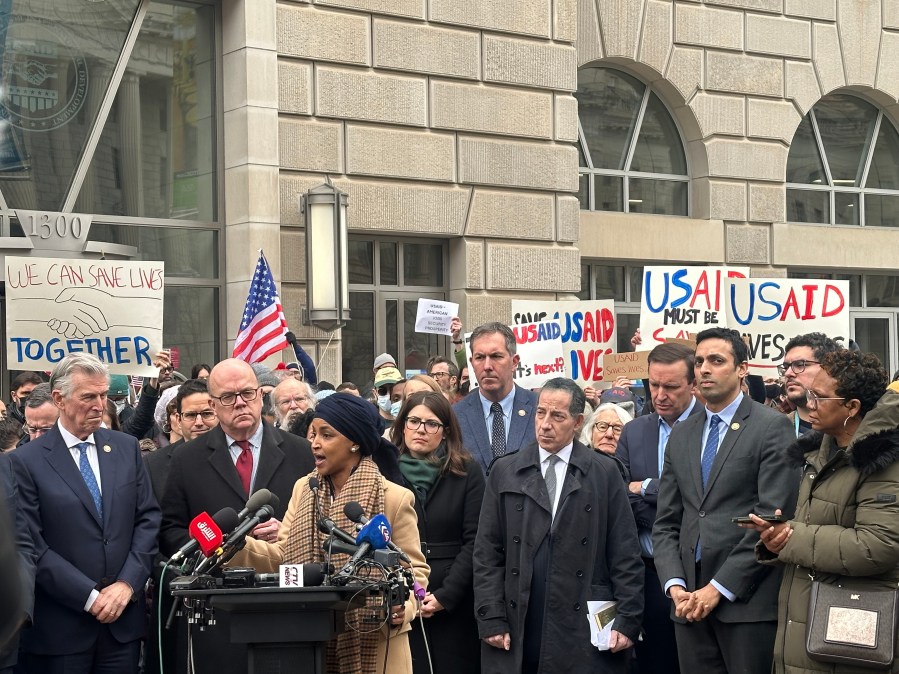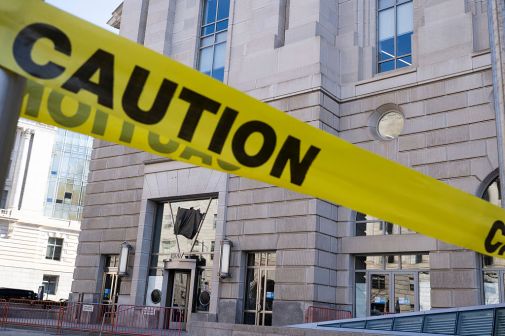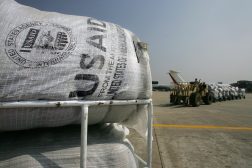New email language may shield more USAID communications from public view

Emails sent by employees of what remains of USAID now come with new language that could be meant to keep agency communications from public view.
Two sources at the international development agency confirmed to FedScoop that emails sent from agency staff now contain the language “Sensitive But Unclassified.” The designation is used by federal agencies to denote a heightened responsibility to safeguard information.
Both sources suggested that the new designation could be part of a strategy to shield email communications from the Freedom of Information Act. One source working at USAID added that in the past, they’ve been told to omit documents with that labeling in responses to public records requests.
A lawsuit filed Wednesday against the State Department notes that USAID staff “began to notice” the language in their email communications Tuesday — and that the language could not be removed. The lawsuit claims that, due to the designation, contracting officers working with the federal government “became hesitant to send out any information to implementing partners without unambiguous prior authorization” from a senior procurement executive at the agency.
The “Sensitive But Unclassified” language cannot be seen by senders until after the email is sent, a source in the agency told FedScoop.
A State Department document explains that records deemed “SBU” should “ meet one or more of the criteria for exemption from public disclosure under the Freedom of Information Act” or the Privacy Act.
“Designation of information as SBU is important to indicate that the information requires a degree of protection and administrative control but the SBU label does not by itself exempt information from disclosure under the FOIA,” the document added. “Rather, exemption is determined based on the nature of the information in question.”
The latest move with USAID indicates that the new administration may be looking for ways to block documents from entering public view.
The work conducted by the Department of Government Efficiency, embedded within the U.S. Digital Service, was recently declared presidential records in a bid to shield the documents from the purview of FOIA.






